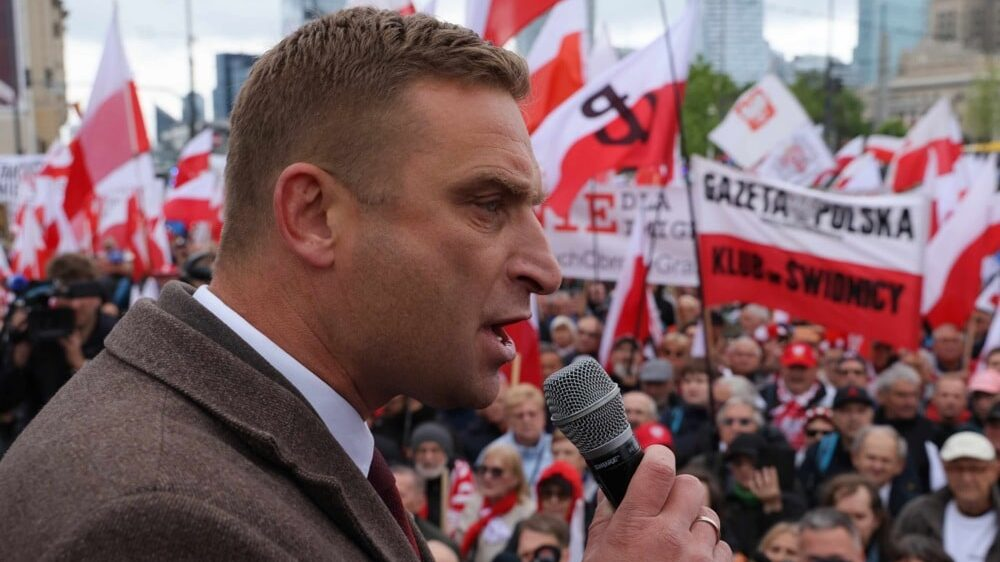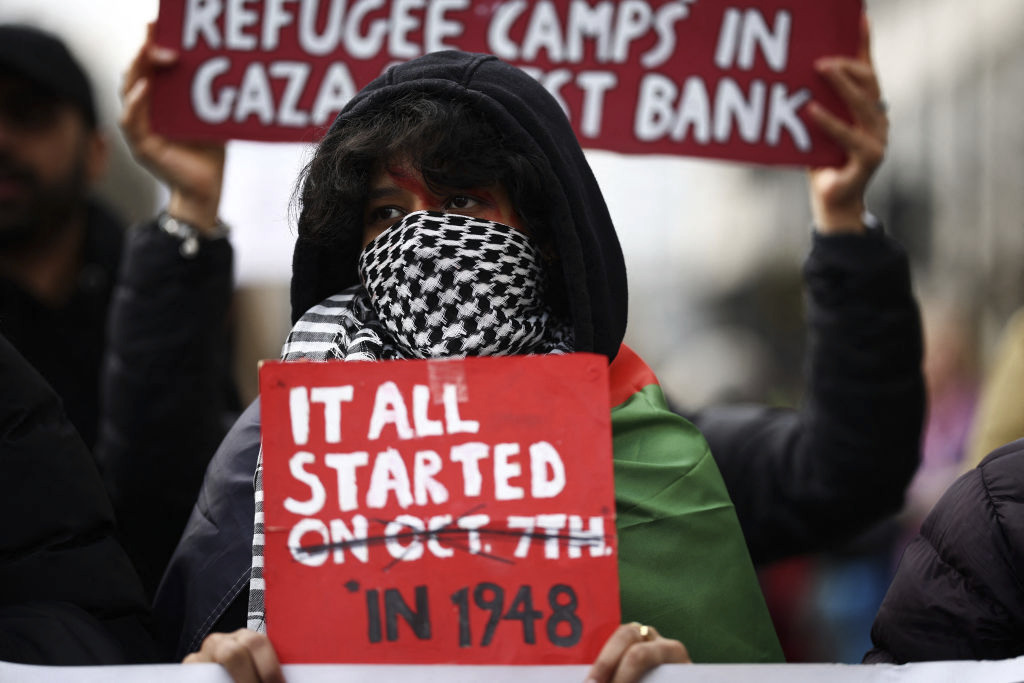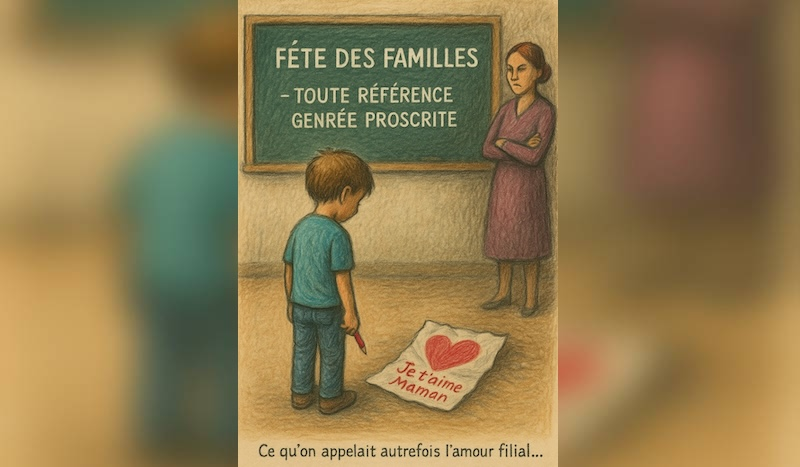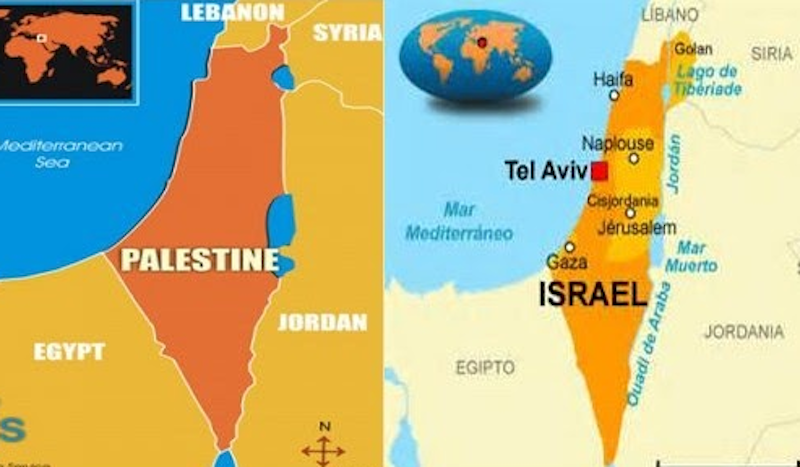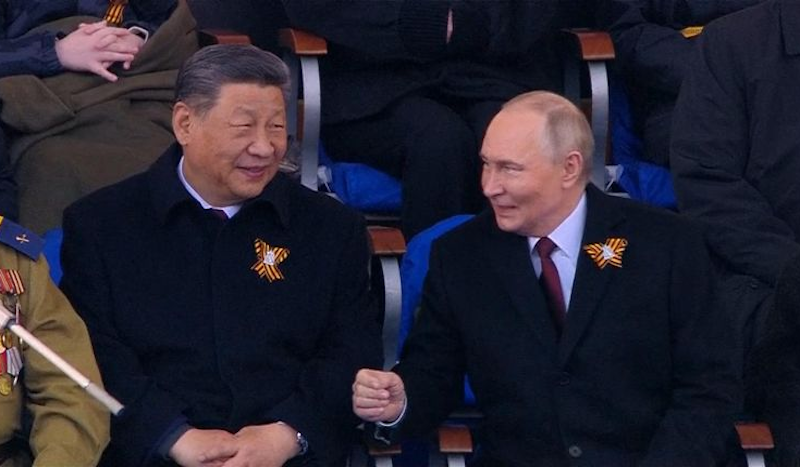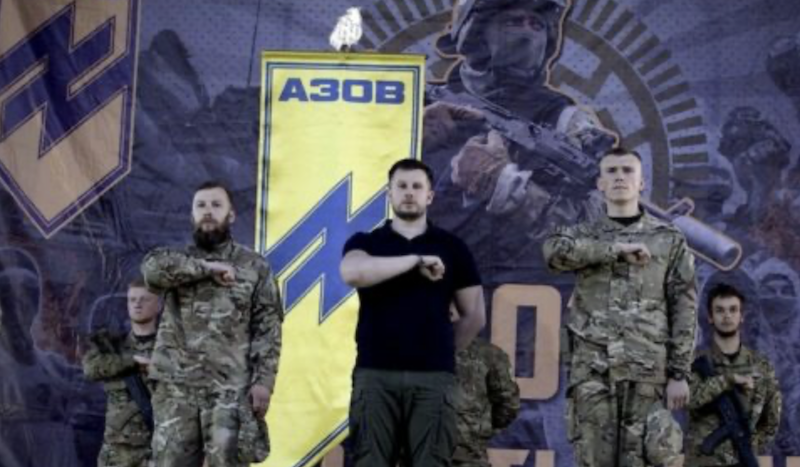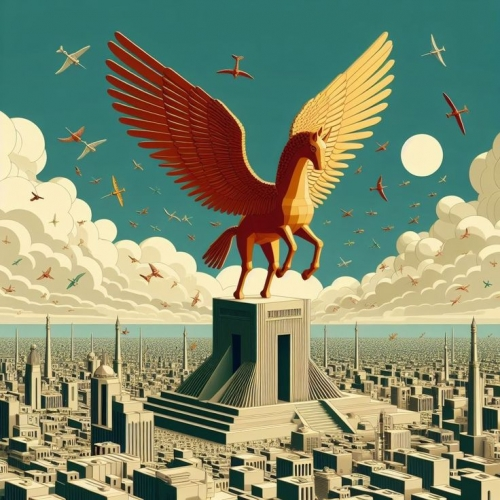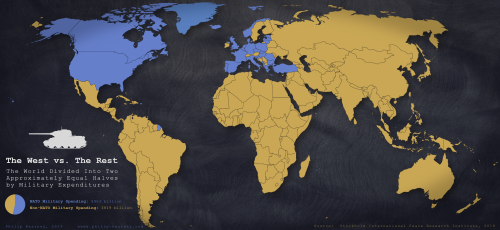Les Frères musulmans menacent-ils réellement la République ?
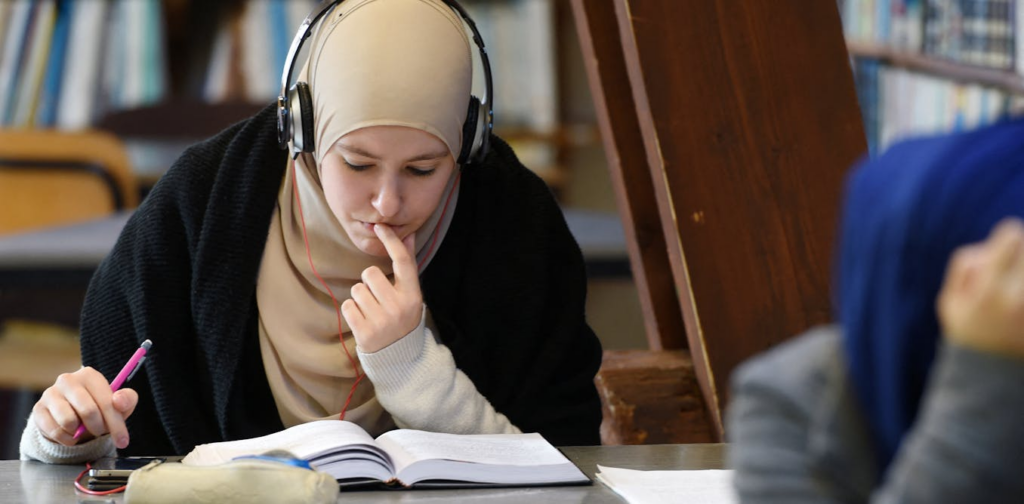
Un rapport gouvernemental, intitulé « Frères musulmans et islamisme politique en France », présenté lors d’un Conseil de défense, mercredi 21 mai, pointe des menaces graves de la part d’une nébuleuse liée à la confrérie secrète des Frères musulmans, fondée en Égypte en 1928. Le chercheur Franck Frégosi, spécialiste de l’islam français, dénonce une communication politique et une interprétation erronée de ce que représente le « frérisme » dans la France d’aujourd’hui. Entretien.

